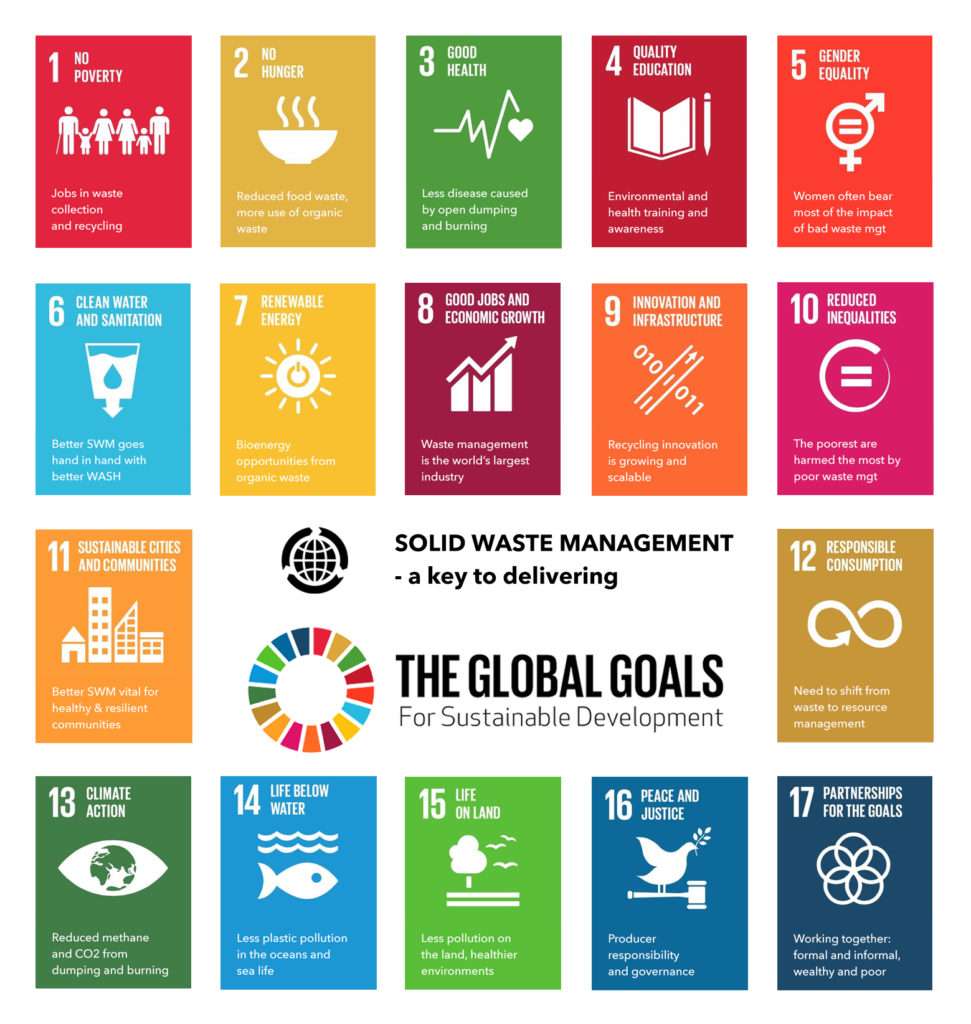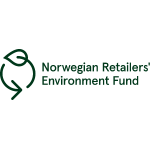What We Do
Poorly managed waste pollutes the land, sea and air, and contributes significantly to global warming. Left uncollected, waste makes places unliveable.
1 in 3 people globally have no waste management service, and have no option other than to dump or burn their waste.
Lower-income countries are struggling to cope and the consequences are severe, with public health concerns, local air pollution, accelerating climate change, blocked urban drainage systems, aggravated floods and the spread of infectious diseases. Pollution from waste causes additional long-term and costly problems, both locally and globally.
Waste generation is also on the rise. Population growth, economic growth and urbanisation all result in more waste that needs managing. Within the next two decades, waste generation in urban areas in low-income countries in Africa and Asia is expected to double.
This presents an urgent call for action as well as opportunities for innovation.
WasteAid works with diverse communities, businesses and governments to deliver innovative resource management projects that contribute to a circular economy.
Our vision is a world in which waste causes no harm, and where people in poverty are empowered to recover its value.
Waste management: an engine for sustainable development
Alongside drinking water and sanitation, shelter, food, energy, transport and communications, proper waste management is essential to society and the economy, and is vital for achieving the Sustainable Development Goals.


















